STDF Cameroon: Fifth training session on Penja Pepper for Bouba basin producers
- 30/06/2022
- Posted by: Sandra Borma
- Category: Africa, Cameroon, News
No Comments The fifth training session on good production practices for Penja pepper was held on 9 and 10 June 2022, with the objective to develop skills and technical capacities of 27 producers and managers of Penja pepper. The participants were mostly English-speaking, from the Bouba production basin in south-west Cameroon. The training was supported by STDF and implemented through the COLEACP project “Strengthening the phytosanitary monitoring and certification system for Cameroon’s fruit and vegetable sector” (STDF Cameroon). The course has enabled… +
The fifth training session on good production practices for Penja pepper was held on 9 and 10 June 2022, with the objective to develop skills and technical capacities of 27 producers and managers of Penja pepper. The participants were mostly English-speaking, from the Bouba production basin in south-west Cameroon. The training was supported by STDF and implemented through the COLEACP project “Strengthening the phytosanitary monitoring and certification system for Cameroon’s fruit and vegetable sector” (STDF Cameroon). The course has enabled… +STDF Cameroon: Sharing good Storage practices and safe SPS use for Penja pepper with Cameroon agro-traders
- 28/06/2022
- Posted by: Sandra Borma
- Category: Africa, Cameroon, News
 Awareness-raising meetings were held in the basins of the Penja pepper geographical indication in Cameroon, from 3 to 6 May 2022. The meetings brought together 40 agro-traders under the theme: “Good storage practices and rational and safe use of phytosanitary products”. The events were supported by STDF and implemented through the COLEACP project “Strengthening the phytosanitary monitoring and certification system for Cameroon’s fruit and vegetable sector” (STDF Cameroon). During the sessions, sellers of agricultural inputs were given information on the… +
Awareness-raising meetings were held in the basins of the Penja pepper geographical indication in Cameroon, from 3 to 6 May 2022. The meetings brought together 40 agro-traders under the theme: “Good storage practices and rational and safe use of phytosanitary products”. The events were supported by STDF and implemented through the COLEACP project “Strengthening the phytosanitary monitoring and certification system for Cameroon’s fruit and vegetable sector” (STDF Cameroon). During the sessions, sellers of agricultural inputs were given information on the… +Celebrate resilient African and Caribbean MSMEs supporting sustainability, growth and inclusion
- 27/06/2022
- Posted by: Gaetan Dermien
- Category: Africa, Angola, Benin, Burkina Faso, Burundi, Cameroon, Caribbean, Côte d'Ivoire, Dominican Republic, Ethiopia, Gambia, Guinea, Madagascar, Mali, Mauritius, Nigeria, Rwanda, Senegal, Sierra Leone, Togo, Uganda, Zimbabwe
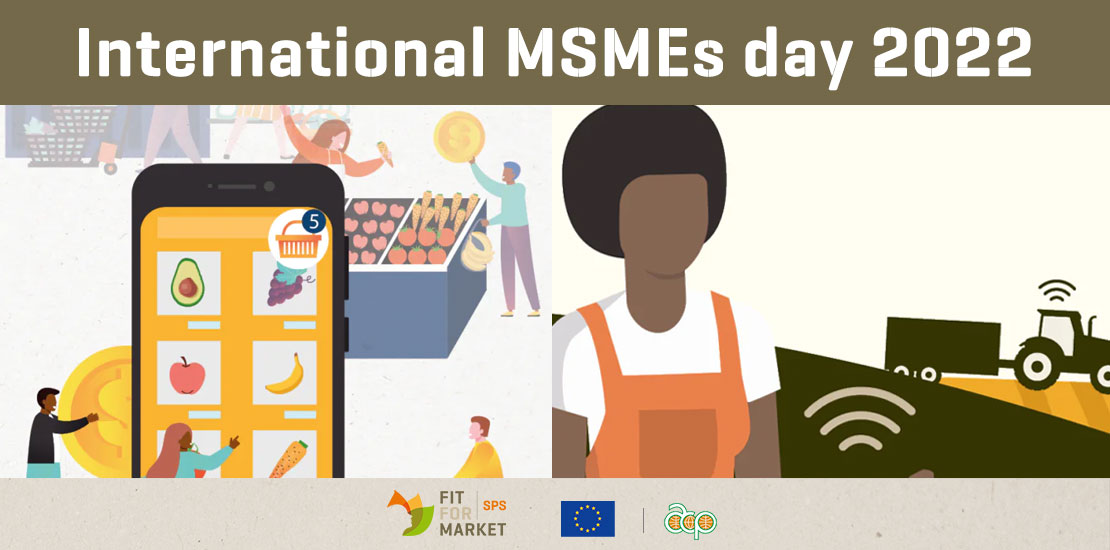 With respectively less than 10, 50 and 250 employees, Micro, Small and Medium-sized Enterprises (MSMEs) are the backbone of most economies. They account worldwide for over 70% of all businesses and for more than 50% of jobs,1 especially for women and youth. MSMEs work with millions of family farms and contribute to securing food safety and security, providing nutrition to local consumers and communities, as well as promoting innovation and creativity towards sustainable food systems. MSMEs are highly sensitive to… +
With respectively less than 10, 50 and 250 employees, Micro, Small and Medium-sized Enterprises (MSMEs) are the backbone of most economies. They account worldwide for over 70% of all businesses and for more than 50% of jobs,1 especially for women and youth. MSMEs work with millions of family farms and contribute to securing food safety and security, providing nutrition to local consumers and communities, as well as promoting innovation and creativity towards sustainable food systems. MSMEs are highly sensitive to… +Amendments to EU plant health rules for False Codling Moth – June 2022
- 16/06/2022
- Posted by: Gaetan Dermien
- Category: Africa, Angola, Benin, Burkina Faso, Burundi, Cameroon, Cape Verde, Côte d'Ivoire, Democratic Republic Of The Congo, Ethiopia, Ghana, Guinea, Israel, Kenya, Madagascar, Mali, Mauritius, News, Nigeria, Rwanda, Saint Helena, Senegal, Sierra Leone, South Africa, Tanzania, Togo, Uganda, Zimbabwe
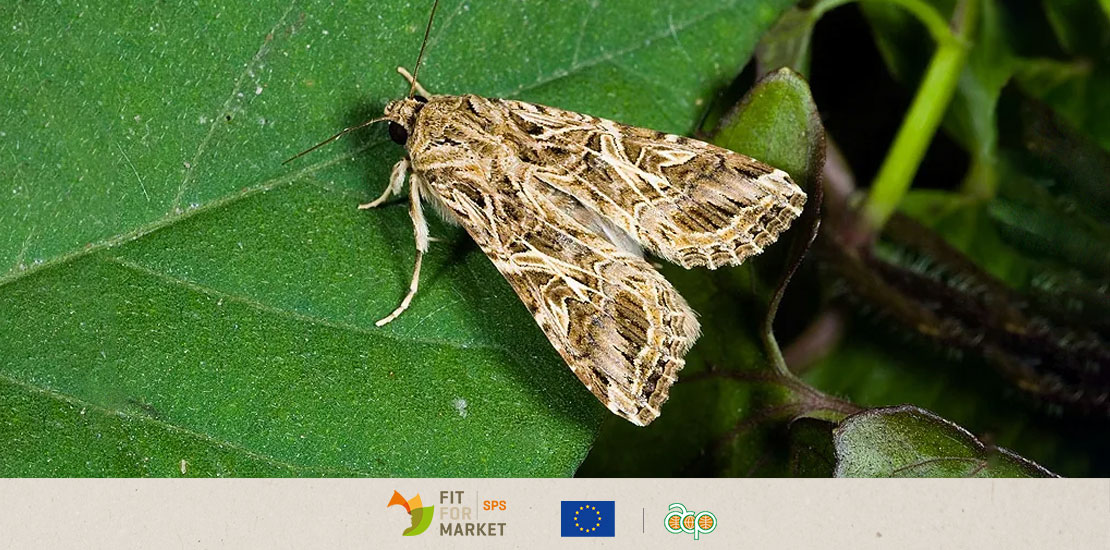 False Codling Moth (FCM, Thaumatotibia leucotreta) is listed as a priority pest under EU plant health regulations ((EU) 2019/1702). Unfortunately, as this pest has been intercepted on several host plants in recent months at EU border controls, stricter rules are now being introduced in a new regulation (EU) 2022/959 of 16 June 2022. It is expected that this will be applied in July 2022.1</. A draft of the new regulation was submitted to the WTO in April. Some amendments were… +
False Codling Moth (FCM, Thaumatotibia leucotreta) is listed as a priority pest under EU plant health regulations ((EU) 2019/1702). Unfortunately, as this pest has been intercepted on several host plants in recent months at EU border controls, stricter rules are now being introduced in a new regulation (EU) 2022/959 of 16 June 2022. It is expected that this will be applied in July 2022.1</. A draft of the new regulation was submitted to the WTO in April. Some amendments were… +Penja pepper: Training on SPS good practices for internal auditors and competent authorities
- 09/05/2022
- Posted by: Sandra Borma
- Category: Cameroon, News
 In Njombé, Cameroon, from 26 to 28 April, a three-day training session on good sanitary and phytosanitary (SPS) practices and control points was organised for the Penja pepper value chain, specifically for internal controllers/auditors and for the inspection and control services of competent authorities. The training was organised by COLEACP in the framework of the Fit For Market SPS programme and the STDF Cameroon project. The training session aimed to: define internal controls and the role of the inspector in… +
In Njombé, Cameroon, from 26 to 28 April, a three-day training session on good sanitary and phytosanitary (SPS) practices and control points was organised for the Penja pepper value chain, specifically for internal controllers/auditors and for the inspection and control services of competent authorities. The training was organised by COLEACP in the framework of the Fit For Market SPS programme and the STDF Cameroon project. The training session aimed to: define internal controls and the role of the inspector in… +Amendments to EU plant health rules for False Codling Moth
- 18/02/2022
- Posted by: Gaetan Dermien
- Category: ACP EN, Africa, Angola, Benin, Burkina Faso, Burundi, Cameroon, Caribbean, Côte d'Ivoire, Democratic Republic Of The Congo, Dominican Republic, Ethiopia, Gambia, Ghana, Guinea, Headline, Kenya, Mali, Mauritania, Mauritius, News, Nigeria, Pacific, Rwanda, Senegal, Sierra Leone, Tanzania, Togo, Uganda, Zambia, Zimbabwe
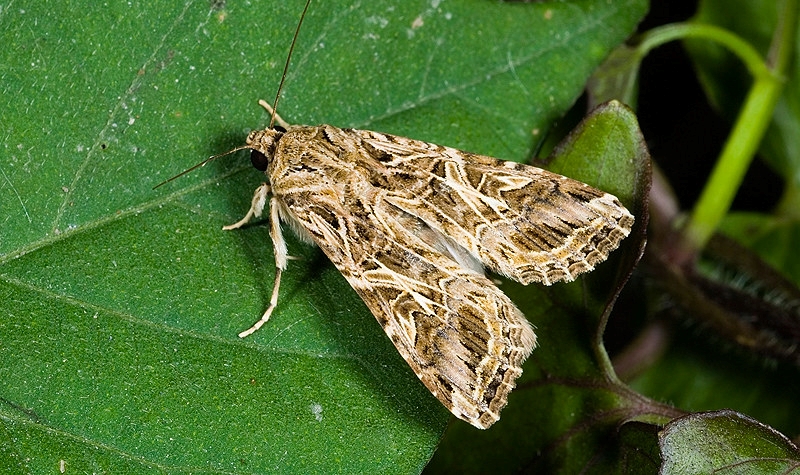 The EU has introduced new legislation to amend plant health rules covering False Codling Moth (FCM, Thaumatotibia leucotreta). The new draft regulation has been submitted to the WTO for a feedback period, period until the 11th April 2022. The date of implementation is not yet known. FCM is listed as a priority pest under EU plant health regulations ((EU) 2019/1702). Unfortunately, as this pest has been intercepted on several host plants in recent months during EU border controls, stricter rules… +
The EU has introduced new legislation to amend plant health rules covering False Codling Moth (FCM, Thaumatotibia leucotreta). The new draft regulation has been submitted to the WTO for a feedback period, period until the 11th April 2022. The date of implementation is not yet known. FCM is listed as a priority pest under EU plant health regulations ((EU) 2019/1702). Unfortunately, as this pest has been intercepted on several host plants in recent months during EU border controls, stricter rules… +News Digest: agri-food production, markets and trade
- 11/02/2022
- Posted by: Gaetan Dermien
- Category: Angola, Avocados, Bananas, Benin, Burkina Faso, Burundi, Cameroon, Caribbean, Citrus fruits, Coconuts, Côte d'Ivoire, Democratic Republic Of The Congo, Dominican Republic, Ethiopia, Fiji, French beans, Gambia, Ghana, Kenya, Lychees, Madagascar, Mali, Mangoes, Mauritius, Melons, News, Nigeria, Onions, Pacific, Papayas, Potatoes, Rwanda, Senegal, Sierra Leone, Suriname, Tanzania, Togo, Tomatoes, Uganda, Zimbabwe
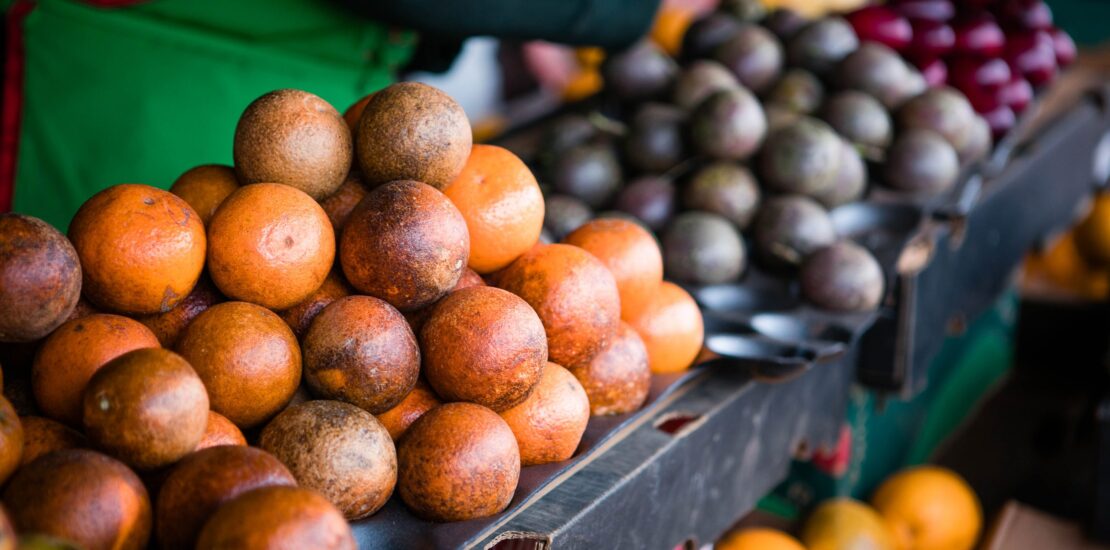 PRODUCTION AND PROCESSING Africa UEMOA attempts to respond to soaring fertiliser prices The Ministers of Agriculture and Trade of the West African Economic and Monetary Union (UEMOA) met in Cotonou, Benin in December to discuss the soaring price of fertilisers and their availability. This is a situation faced by most countries in the world, but which is more acute in sub-Saharan Africa, where the rate of dependence on imports of both phosphorus and nitrogen is around 70%, and in a… +
PRODUCTION AND PROCESSING Africa UEMOA attempts to respond to soaring fertiliser prices The Ministers of Agriculture and Trade of the West African Economic and Monetary Union (UEMOA) met in Cotonou, Benin in December to discuss the soaring price of fertilisers and their availability. This is a situation faced by most countries in the world, but which is more acute in sub-Saharan Africa, where the rate of dependence on imports of both phosphorus and nitrogen is around 70%, and in a… +STDF Cameroon: 5th Steering Committee meeting
- 10/02/2022
- Posted by: Sandra Borma
- Category: Cameroon, News
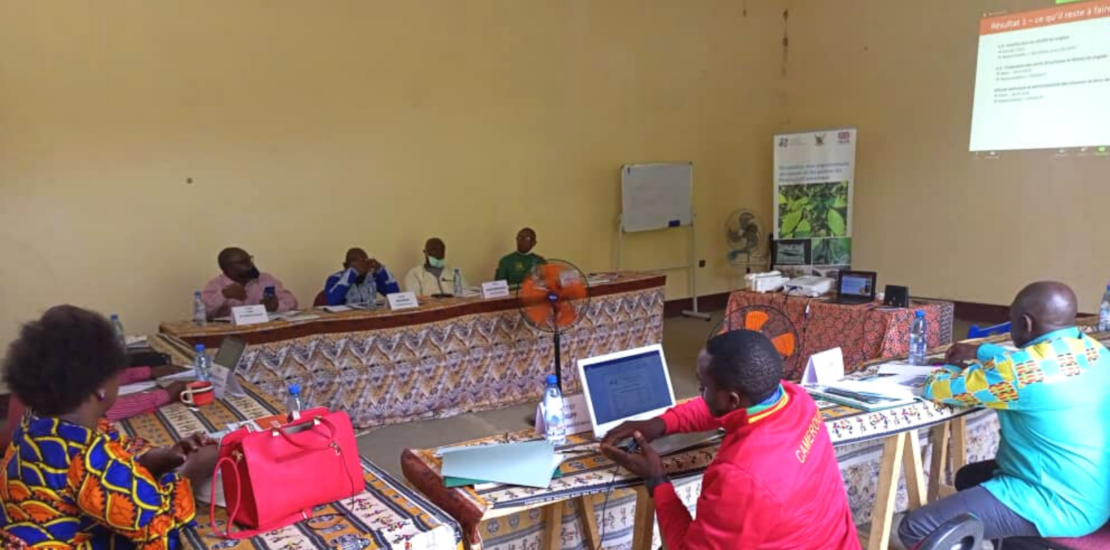 On 3 February, the 5th meeting of the Steering Committee (COPIL) of the project “Improvement of the sanitary and phytosanitary quality of Penja pepper in Cameroon to facilitate access to international markets” (STDF/PG/593) was held to discuss the project’sfinal year. This year’s programme, validated at the COPIL meeting, focuses on training for the various trades involved in Penja pepper; awareness-raising on good storage and transport practices for distributors; the purchase of equipment; and the creation of awareness-raising information on SPS… +
On 3 February, the 5th meeting of the Steering Committee (COPIL) of the project “Improvement of the sanitary and phytosanitary quality of Penja pepper in Cameroon to facilitate access to international markets” (STDF/PG/593) was held to discuss the project’sfinal year. This year’s programme, validated at the COPIL meeting, focuses on training for the various trades involved in Penja pepper; awareness-raising on good storage and transport practices for distributors; the purchase of equipment; and the creation of awareness-raising information on SPS… +News digest: agri-food systems and sustainability
- 10/02/2022
- Posted by: Gaetan Dermien
- Category: Africa, Angola, Benin, Burkina Faso, Burundi, Cameroon, Caribbean, Côte d'Ivoire, Democratic Republic Of The Congo, Dominican Republic, Ethiopia, Fiji, Ghana, Guinea, Kenya, Madagascar, Mali, Mauritius, News, Nigeria, Pacific, Rwanda, Senegal, Sierra Leone, Suriname, Tanzania, Togo, Uganda, Zimbabwe
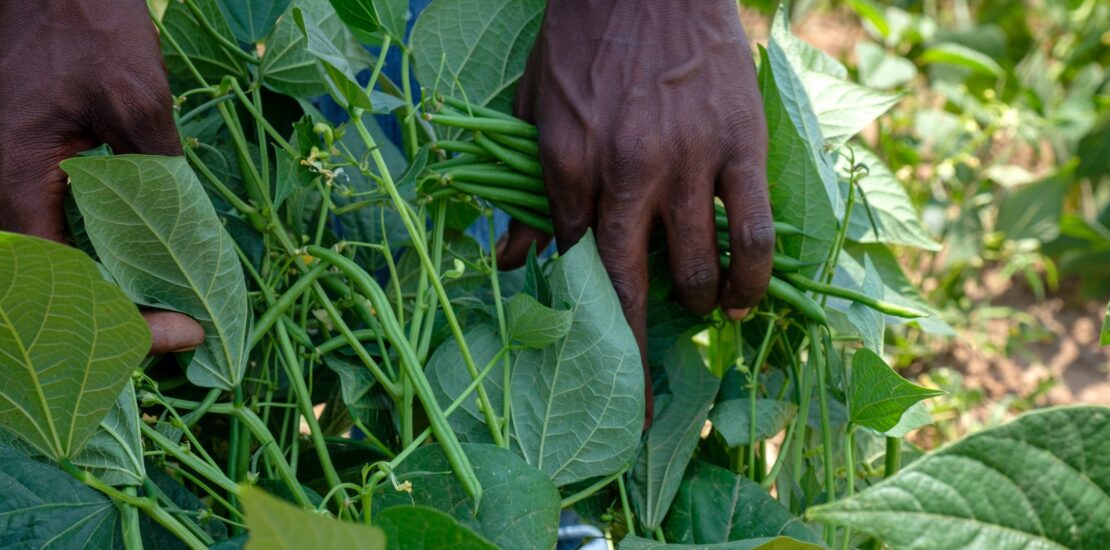 FOOD SYSTEMS AND POLICY Trade relations between the European Union and Africa: forging new partnerships On 10 January, in the context of the French Presidency of the Council of the European Union and ahead of the European Union-African Union Summit scheduled for February 2022, Franck Riester, French Minister Delegate for Foreign Trade and Economic Attractiveness, held an international ministerial conference dedicated to the prospects of the European trade partnership with Africa. The overhaul of the partnership between the European Union… +
FOOD SYSTEMS AND POLICY Trade relations between the European Union and Africa: forging new partnerships On 10 January, in the context of the French Presidency of the Council of the European Union and ahead of the European Union-African Union Summit scheduled for February 2022, Franck Riester, French Minister Delegate for Foreign Trade and Economic Attractiveness, held an international ministerial conference dedicated to the prospects of the European trade partnership with Africa. The overhaul of the partnership between the European Union… +Message to our members and partners
- 09/02/2022
- Posted by: Gaetan Dermien
- Category: Angola, Benin, Burkina Faso, Burundi, Cameroon, Caribbean, Côte d'Ivoire, Democratic Republic Of The Congo, Dominican Republic, Ethiopia, Fiji, Gambia, Ghana, Guinea, Kenya, Madagascar, Mali, Mauritius, News, Nigeria, Pacific, Rwanda, Senegal, Sierra Leone, Suriname, Tanzania, Togo, Uganda, Zimbabwe
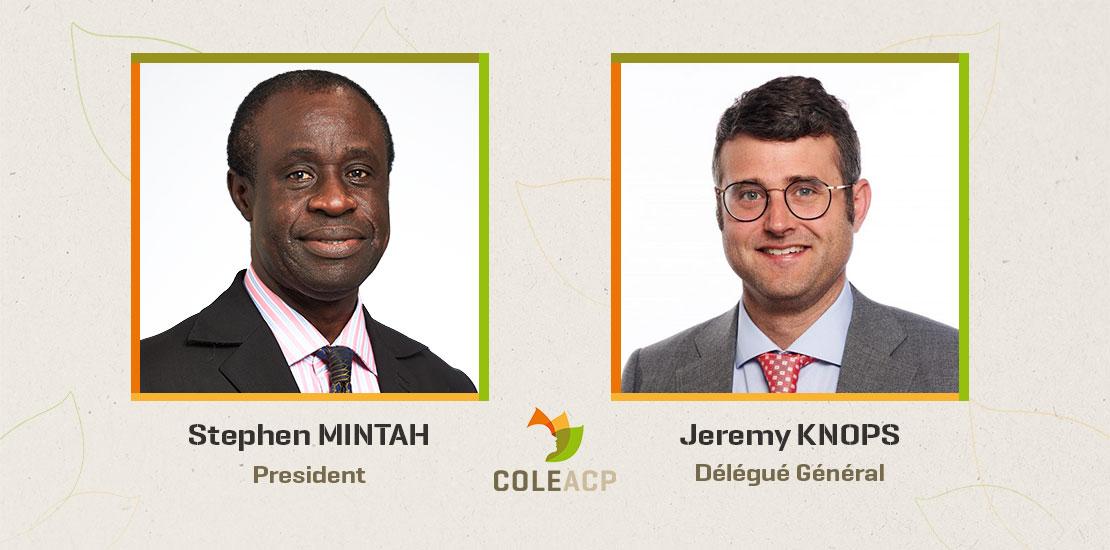 Dear friends of COLEACP, On behalf of COLEACP and the team, we are pleased to send you our best wishes for 2022, and especially we wish you and your loved ones very good health. We are approaching this new year with cautious optimism, while launching an appeal to the whole COLEACP family to continue to mobilise our individual and collective efforts, which contribute to building a fairer and more sustainable agri-food system. In an international context that – due to… +
Dear friends of COLEACP, On behalf of COLEACP and the team, we are pleased to send you our best wishes for 2022, and especially we wish you and your loved ones very good health. We are approaching this new year with cautious optimism, while launching an appeal to the whole COLEACP family to continue to mobilise our individual and collective efforts, which contribute to building a fairer and more sustainable agri-food system. In an international context that – due to… +
